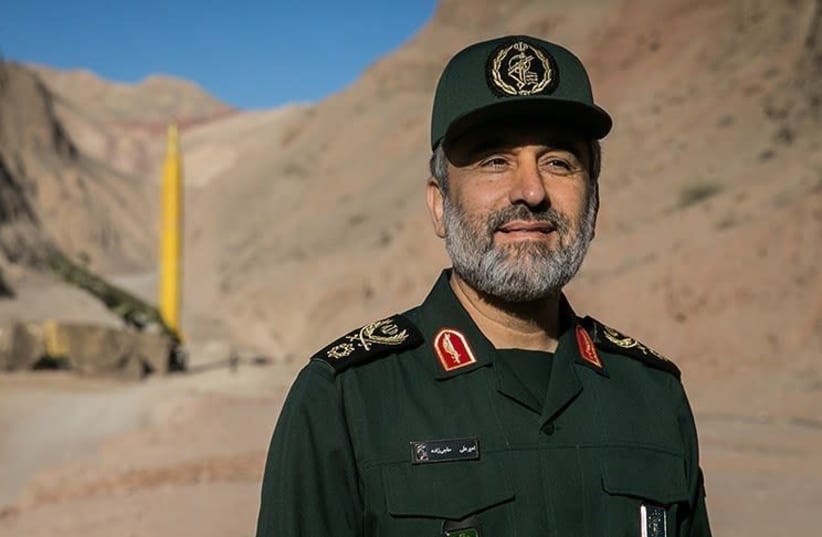Iran’s Hajizadeh: We must unite to expel the Zionists and Americans
The Iranian commander was speaking to pro-Houthi media in Yemen, which means his comments were also directed at Saudi Arabia. Iran has sent technology to the Houthis to aid their fight against Riyadh
